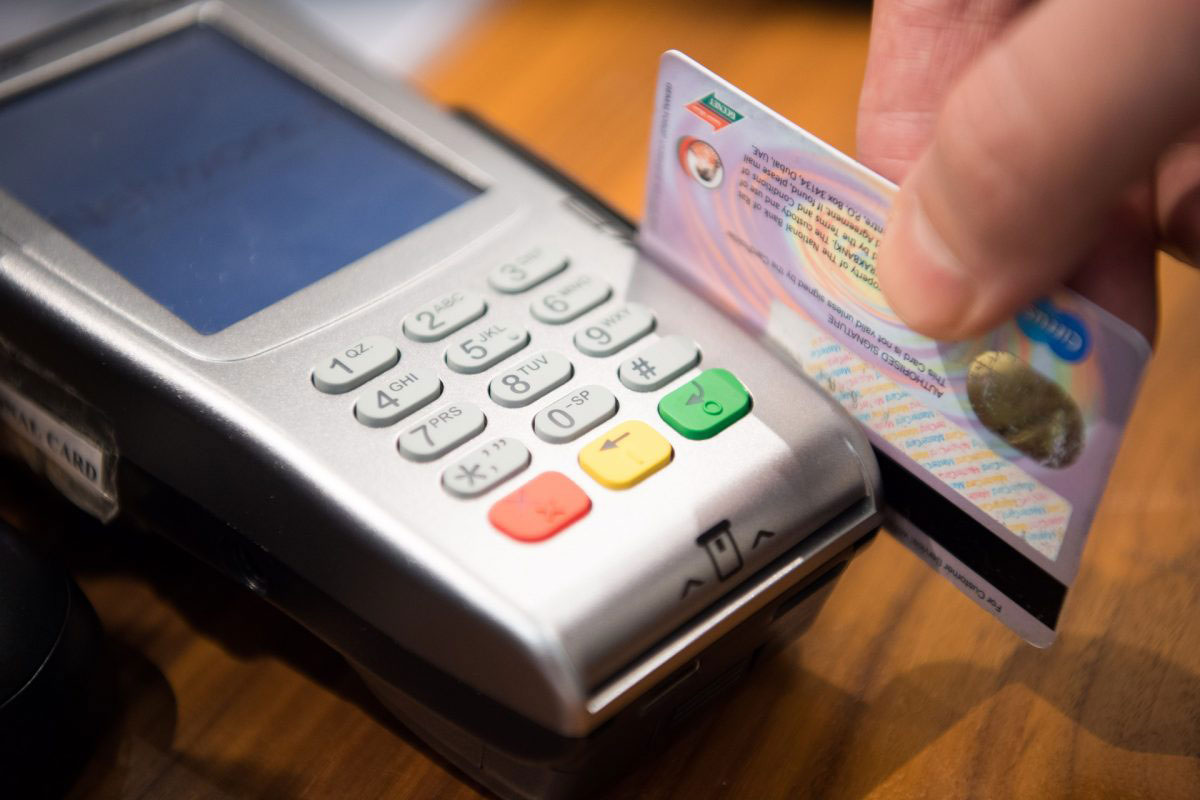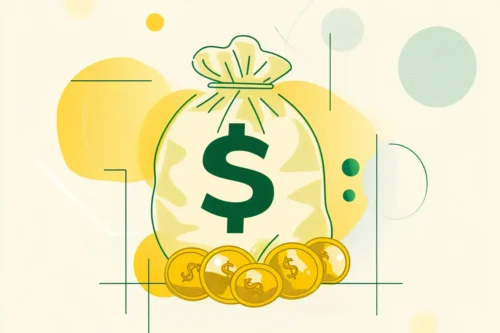More and more plaintiffs receiving pre-settlement funding advances are choosing to receive their advances on pre-paid debit cards instead of through cashing checks. Previously, lawsuit plaintiffs who received lawsuit pre-settlement funding advances had fewer options, which were far more expensive and more time consuming.
Historically, many lawsuit plaintiffs who received lawsuit funding advances did not have bank accounts. As a result, they were forced to pay a costly check-cashing fee when they cashed their pre-settlement advance checks. Their lawsuit funding advance checks were mailed to them, creating a further delay in getting the actual funds in hand.
In addition, others did not want to use bank accounts. Those who had chosen not to use bank accounts were similarly forced to pay high fees to cash their pre-settlement funding advances, and to wait for their check to arrive and for a good time to arise to go to cash the check before they could have their money in hand. Cashing funding advance checks took a lot of time and cost too much.
Now lawsuit plaintiffs have improved solutions. As a result of recent innovation, plaintiffs can now receive their pre-settlement settlement lawsuit funding advances through pre-paid debit cards. Pre-paid debit cards help them avoid the expensive fees associated with check cashing. As a result, pre-paid debit cards are fast becoming the most commonly requested payment method for plaintiff funding advances.
Pre-paid debit cards work very simply in the context of lawsuit funding advances. Payment through pre-paid debit cards is cheaper, faster, easier, and greener.
For example, for a pre-settlement funding advance of $10,000, the overall cost associated with pre-paid debit card advances for withdrawals in the amount of $1,000 each is approximately $41.90. In contrast, in New York, assuming the maximum allowed check-cashing fee is implemented, the check-cashing fees and associated costs for that same $10,000 advance and $1,000 withdrawals would be $182.00. That is a savings of over $140 in transaction costs.
In California, the savings is even higher. The check-cashing fees and associated costs for that same $10,000 plaintiff funding advance and withdrawals in the amount of $1,000 each, assuming the maximum allowed check-cashing fee were implemented, would be $300. In this case, pre-paid debit costs save the plaintiff about $260.00. Without pre-paid debit cards, check cashing services benefit from the funding advances, not the injured plaintiffs.
Clearly, receiving pre-settlement lawsuit funding advances via pre-paid debit cards offers a substantial savings to the plaintiff. In addition, further money payments such as payroll or social security benefits checks can be automatically deposited into the pre-paid debit card. Automatic deposit into a pre-paid debit card enables the plaintiff to avoid further costly check-cashing fees down the road, in other contexts besides just the advance.
Often pre-paid debit cards are connected to companies such as MasterCard. This provides additional benefits to plaintiffs who receive their funding advances through pre-paid debit cards. Pre-paid debit cards through companies such as MasterCard can be used at millions of merchants worldwide to purchase goods and services. Pre-paid debit cards are also much safer than cash. They offer fraud protection and other bonus features, which make them a win-win solution for lawsuit plaintiffs.
In addition, lawsuit plaintiffs can access their funds at ATM’s worldwide through their pre-paid debit cards. An electronic record of every transaction is created, making record keeping easy and providing permanent records backup should a paper copy be lost.
Pre-paid debit cards for lawsuit plaintiffs receiving pre-settlement funding advances are a great idea. There are many benefits to pre-paid debit cards, which last for years to come.




